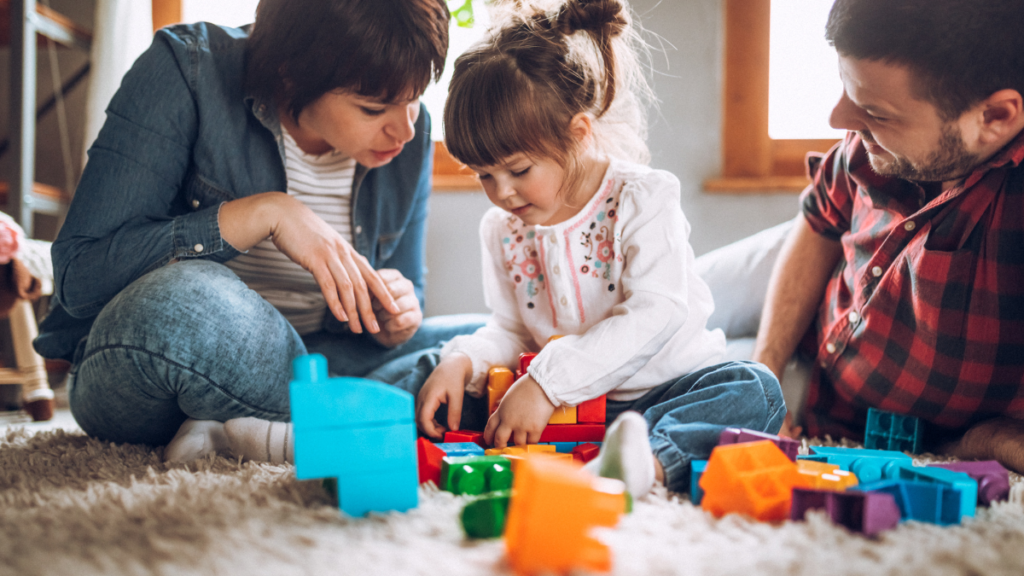
In the last few years there has been a huge rise in children that are being referred for specialist mental health treatment. Children’s mental health is such an important issue to raise, and even affects young children and toddlers.
While all of us struggle with our mental health at times, teaching our children to nurture their own mental well-being is such an important life lesson. Here are our well-being activities for kids, tips, thoughts and experiences so that you can ensure the children in your life develop and maintain healthy mental and emotional well-being.
Children experience all sorts of emotions as part of growing up – fear, disappointment, sadness, anxiety, anger, joy, hope and so on. When children cope with big emotions or calm themselves down in difficult or emotional situations, they’re likely to feel good about themselves.
Here are ways you can help your child learn to manage emotions:
Here are ways to promote your child’s mental health and well-being through a focus on behaviour:
Good physical health is important for mental health. That’s because being fit and well helps your child have more energy, feel confident, manage stress and sleep well.
Here are ways to help your child stay physically fit and well:
© 2023 All rights reserved Baby & Toddler - part of parent promotions